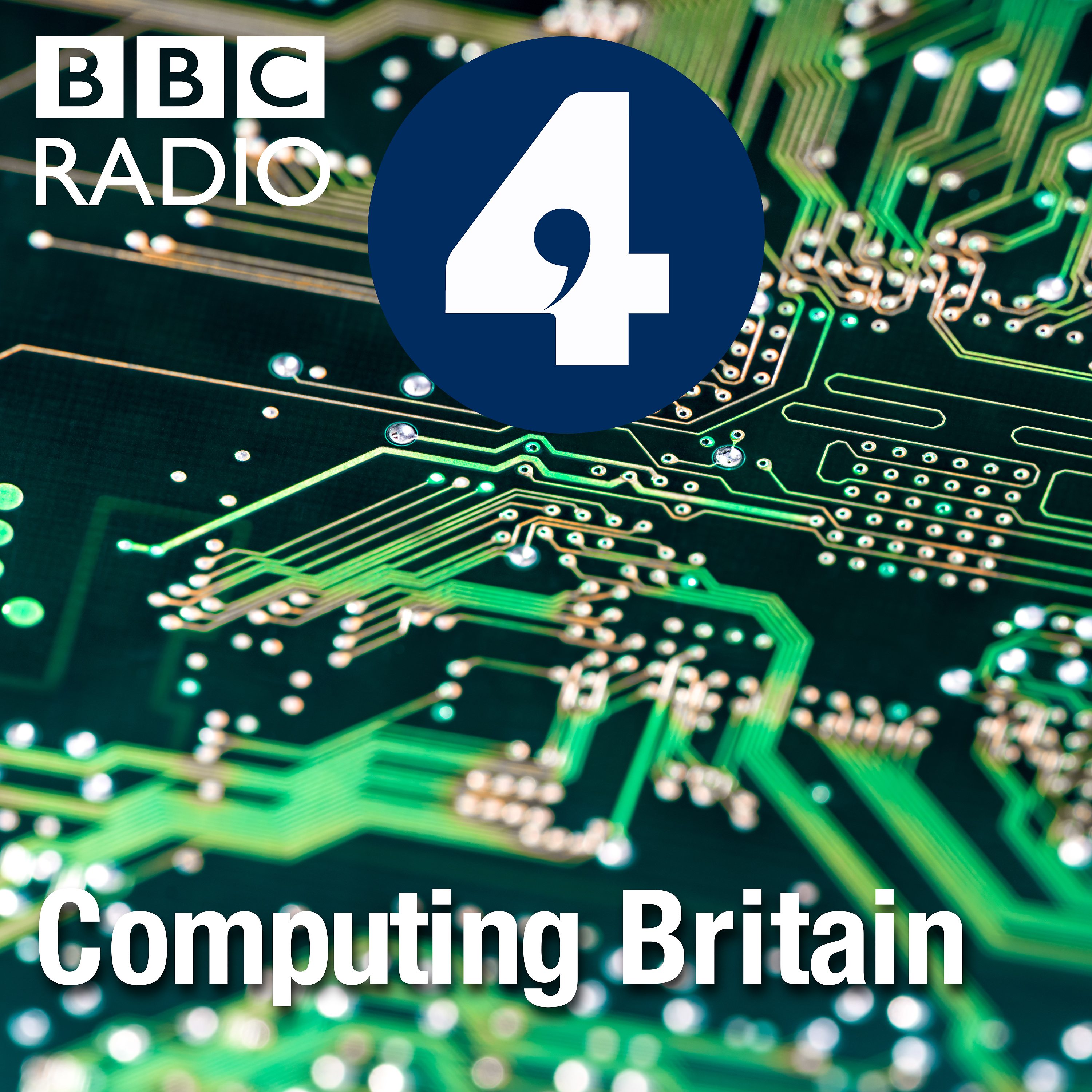Mobile Revolution
Description
Hannah Fry tells the story of the little known British company in Cambridge that designs and build the ARM chip, found in almost every mobile device in the world, and the impact it has had in powering the digital age.
The team at Acorn had designed the BBC Micro back in the early 1980s. In an attempt to stay ahead they decided to design a new kind of microprocessor chip, the RISC chip. They used it in the Acorn Archimedes which was the fastest computer in the world when it was released in 1987.
After falling on hard times when the PC became the dominant computer the company was saved when Apple chose to put the ARM chip in their personal digital assistant, the Newton. ARM chips became ubiquitous as digital devices became smaller.
Now they are driving the tiny devices such as the Raspberry Pi and the BBC Micro:bit which aim to encourage young people to code, just as the BBC Micro did three decades ago.
More Episodes
Published 11/16/15
The city went crazy for dot com companies in 1999. But in March 2000, the boom suddenly turned into a bust. Hannah discovers that technology then wasn't up to the job.
Published 11/16/15
Computers in British schools and homes nurtured a generation of programmers who cut their teeth in the 1980s playing and writing video games.
Mathematician Hannah Fry talks to the Oliver Twins, who as teenagers won a games-writing competition on ITV's Saturday Show. Spurred on by their success,...
Published 11/16/15


